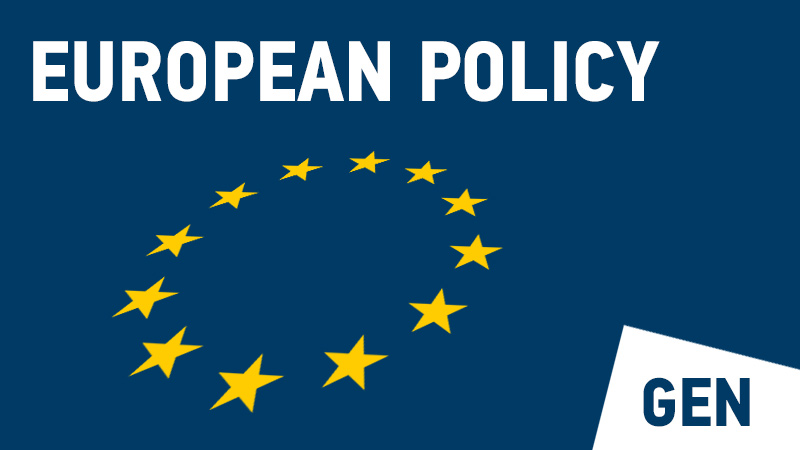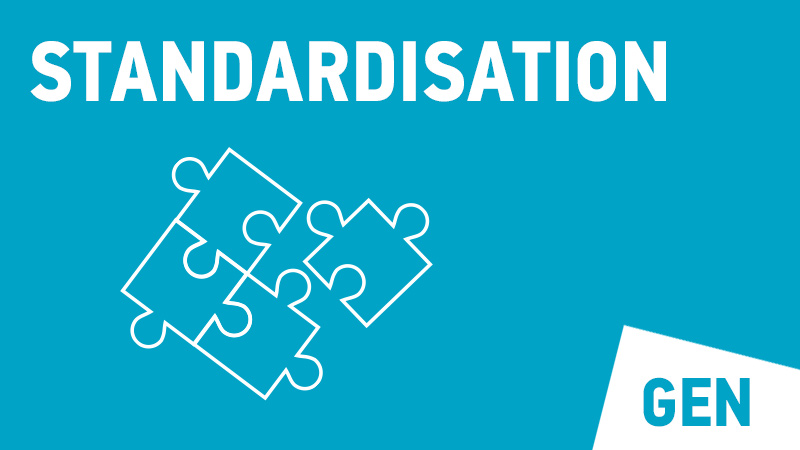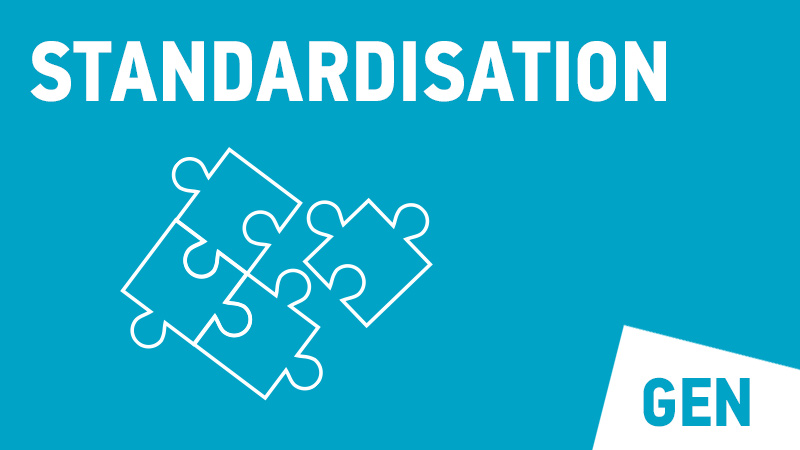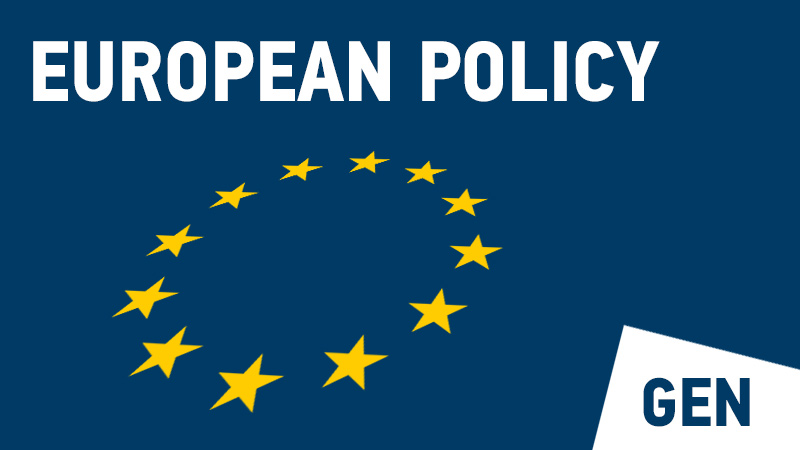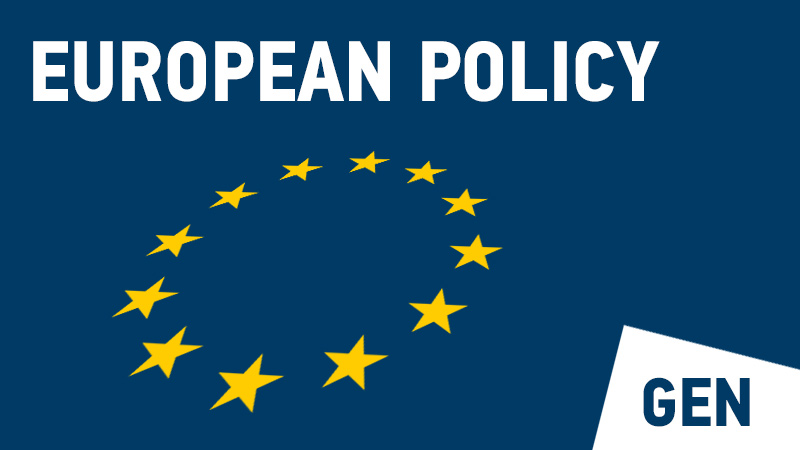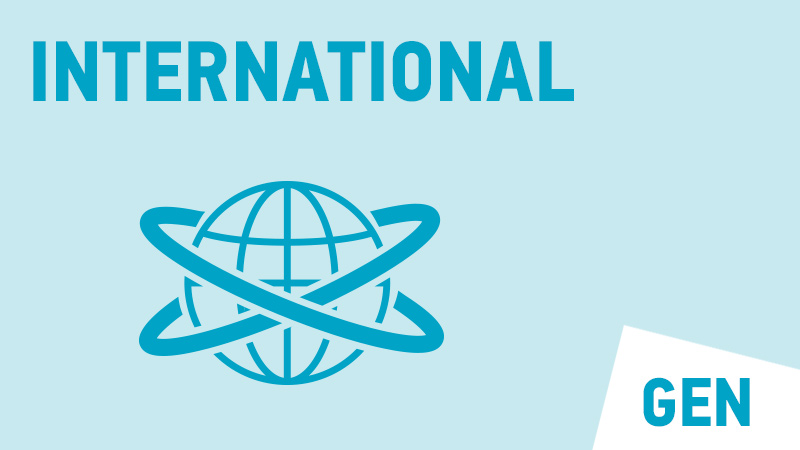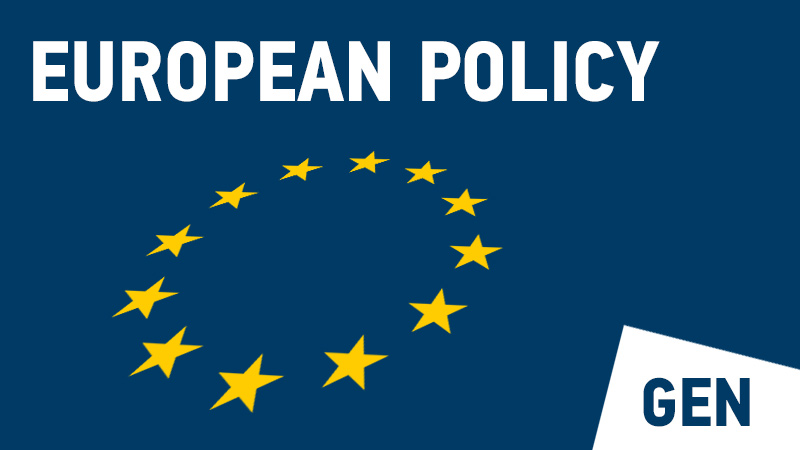06 September 2023
In August 2023 the third edition of the EEPLIANT3 newsletter was shared, presenting the results of the product inspection and testing activities on, air conditioners and comfort fans, ventilation units and local space heaters.
2 min read
